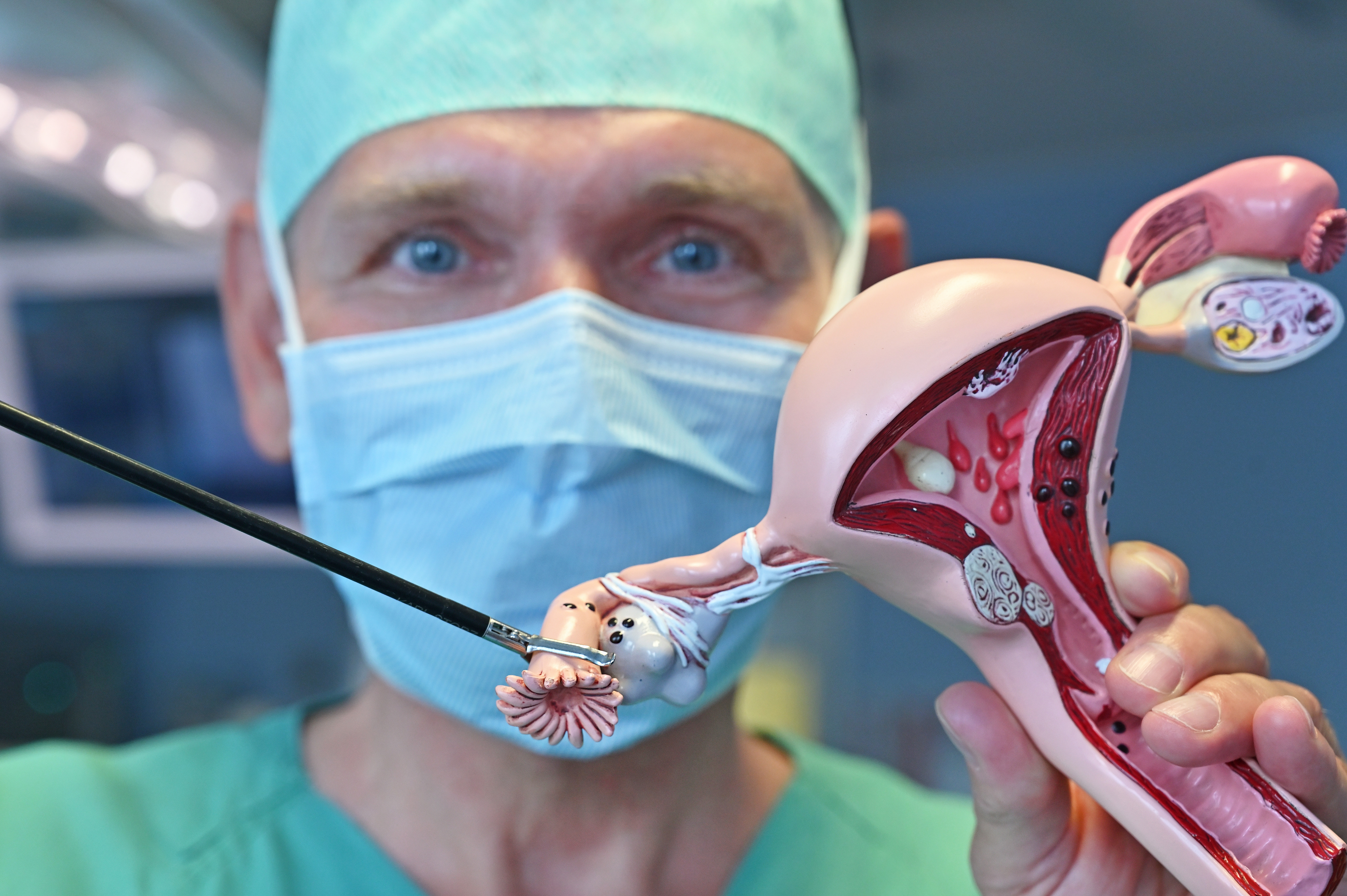
So far, there are hardly any proven preventive measures for the screening of ovarian cancer. This could change.
“We know that the fallopian tubes can play a crucial role in the development of ovarian cancer,” explains Prof. Ingo Runnebaum from the University Hospital Jena (UKJ). As an evaluation of the Swedish Health Registry showed, women with removed fallopian tubes have at least a 40% reduced risk of developing ovarian cancer, even though the ovaries were preserved. Rigorous proof that tubal removal lowers ovarian cancer risk would be a large, decade-long study. The first of these is a current study by the NOGGO and AGO study groups, in which both Jena University Hospital and Charité Berlin are participating.
Prof. Jalid Sehouli, Director of the Clinic for Gynecology and Operative Oncology at Charité: “For women with genetic risk (BRCA), removal of the fallopian tubes as a surgical measure is part of today’s standard. In the context of our current study, patients without genetic risk will also be informed about the possibility of this prophylactic option.” In German women’s clinics, prophylactic tubal removal is now already performed in women with completed family planning as part of abdominal procedures such as laparoscopy. This is supported by published studies evaluating surgery statistics and a survey of gynecologists in Germany. Based on future studies, a general recommendation could be made as a preventive measure.
Bild: Runnebaum UKJ
